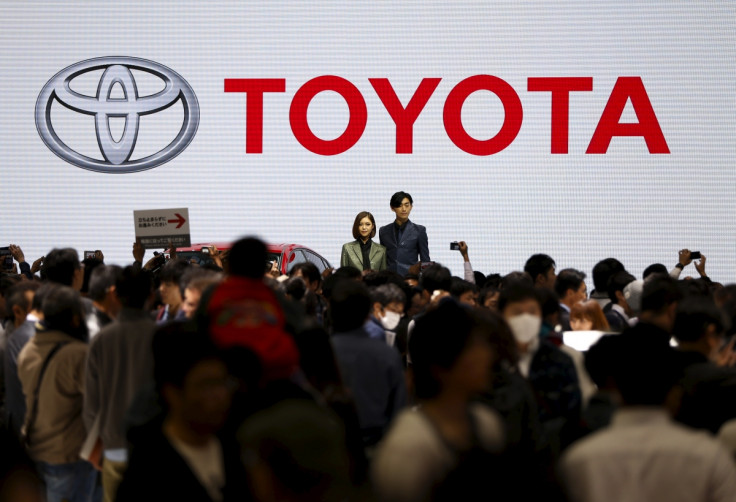Toyota to invest $1bn in Silicon Valley artificial intelligence facility

Toyota is to invest $1bn (£660m) into the research and development of artificial intelligence (AI) at a new Silicon Valley facility over the next five years. The company will use this new home, close to Stanford University in Palo Alto, California, to work to improve road safety with AI.
Toyota's plans for the facility are vague for now, but the company has said it wants to decrease the likelihood of cars having accidents, while also making driving accessible to everyone, regardless of their physical ability to drive a conventional vehicle. This makes it seem very likely that Toyota is working towards the same autonomous future as its California neighbour Google.
The facility, called Toyota Research Institute (TRI), will be directed by Dr Gill Pratt, an executive technical adviser at the Japanese company. Pratt said: "Our initial goals are to improve safety by continuously decreasing the likelihood that a car will be involved in an accident; to make driving accessible to everyone, regardless of ability; and to apply Toyota technology used for outdoor mobility to indoor environments."
A car company setting up a second home in Silicon Valley is not unusual. Daniel Shapiro, senior director of automotive at Nvidia, told IBTimes UK earlier in 2015 that "just about everybody" in the car industry has a research facility in California. Most of these are being used to create and test autonomous driving technologies.
Toyota will open a second facility near the Massachusetts Institute of Technology (MIT) in Cambridge, Massachusetts, which will begin operations in January 2016. The company said it believes artificial intelligence "has significant potential to support future industrial technologies and the creation of an entirely new industry." It also describes the $1bn as an "initial investment" with, presumably, more to come if the initial five years are a success. During that time, approximately 200 employees will work there.
Along with much of the car industry − and notable technology firms like Google, Uber and Apple − Toyota sees autonomy as the future of motoring. Tesla already allows its cars to drive themselves on motorways, while Google is making progress with its entirely self-driving vehicles. These, and a semi-autonomous car from Apple, are expected to be available to the public by the end of the decade.
© Copyright IBTimes 2025. All rights reserved.





















